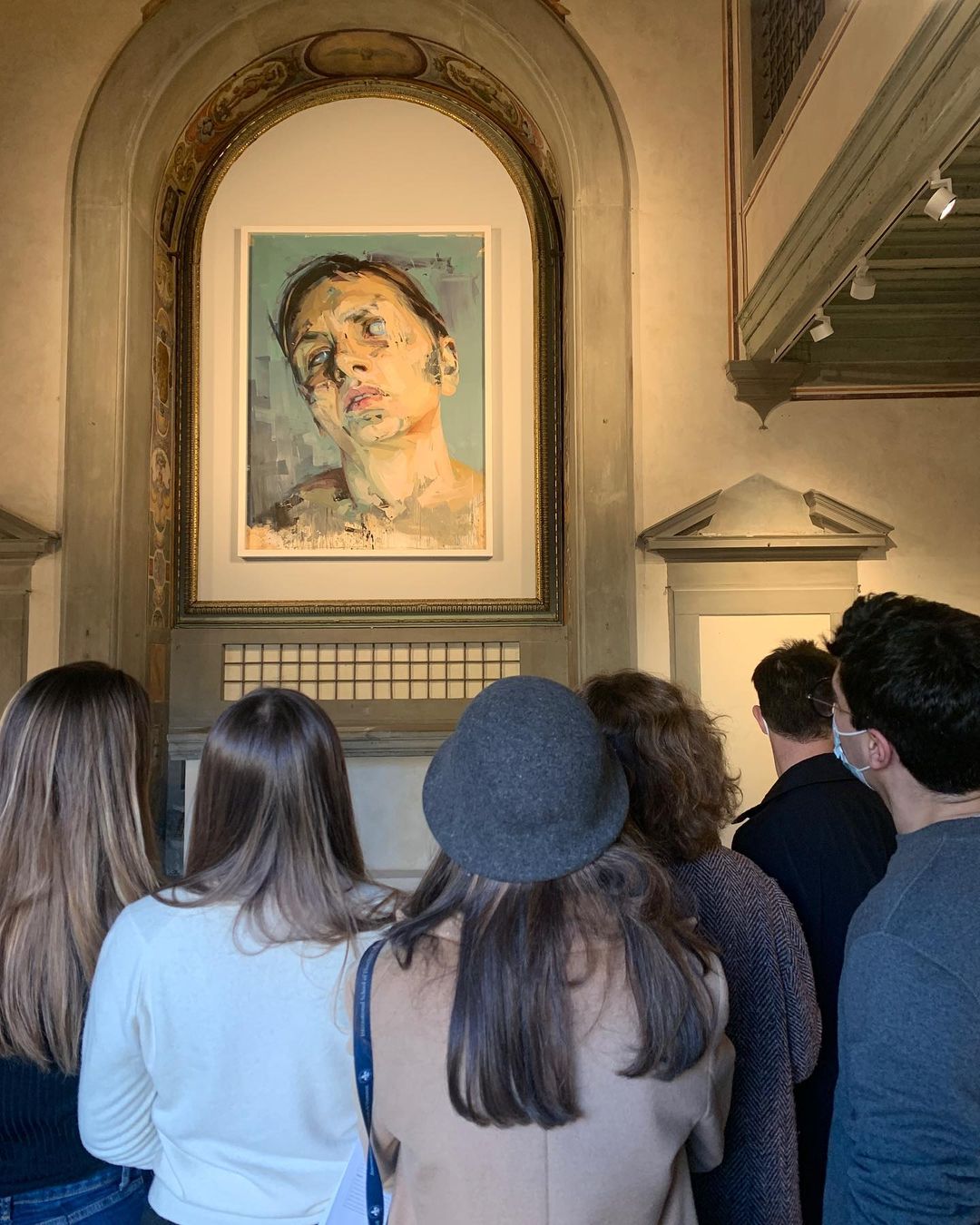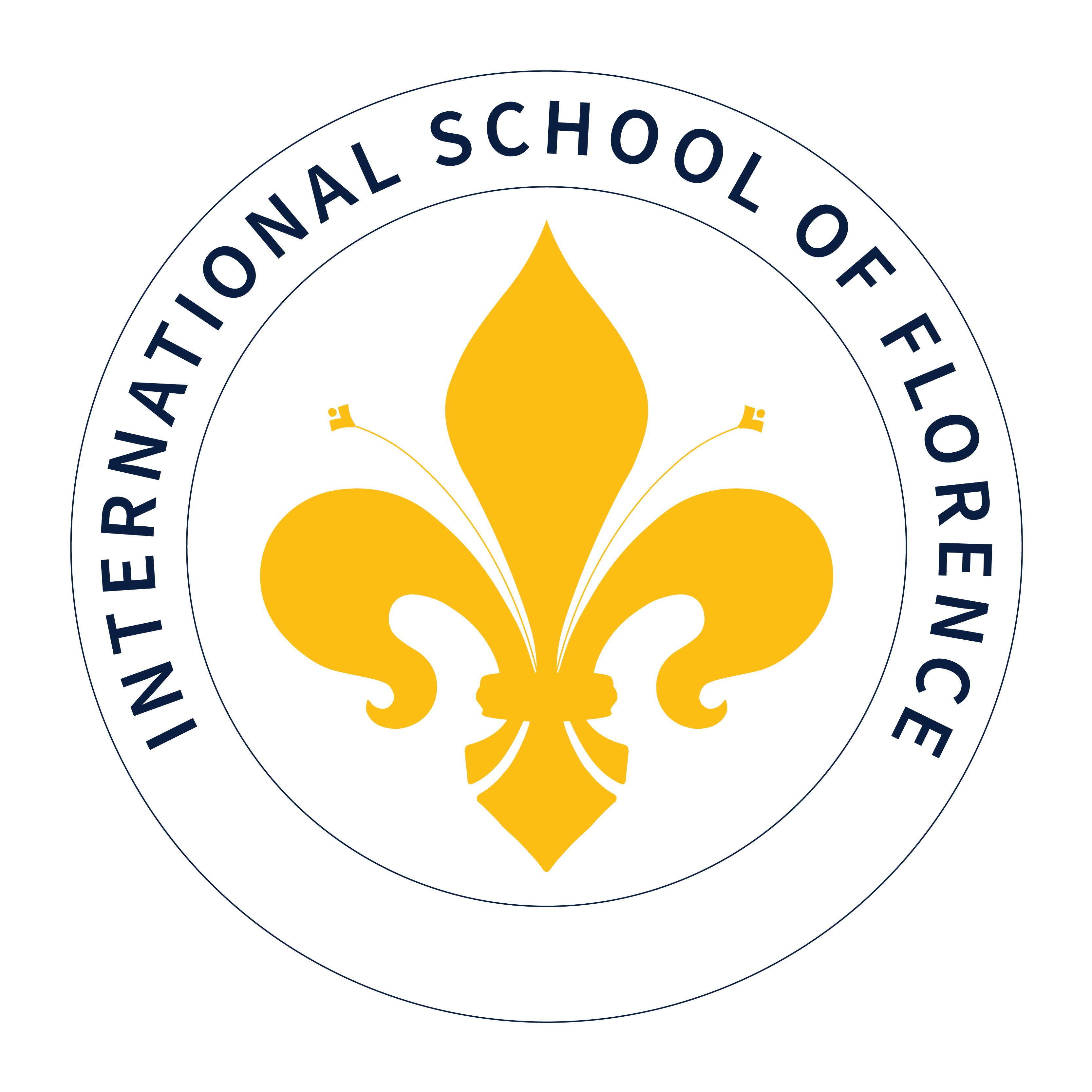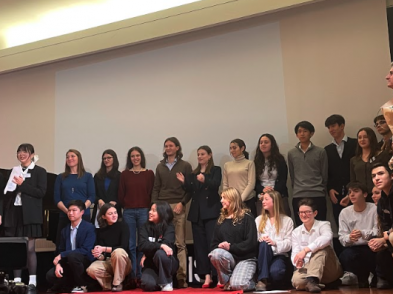The arrival of a new year normally brings with it a feeling of lightness, a weight off one’s shoulders, a breath of fresh air, a new beginning. However, optimism in the new year also goes hand in hand with uncertainty as we look ahead. All these emotions are highlighted in 2022, a year that continues to be shadowed by a global pandemic that has disrupted the experiences we always took for granted. With the emergence of new strains and masking mandates, what will 2022 look like? Can our human spirit live and prosper amongst these uncertainties?
The beginning of a new year is as much a moment for reflection as it is a time for reimagining the future. As 2022 begins, we continue to dwell on both the positive and negative experiences of the last year. 2021, in some ways, can be considered a transition, a year of learning. Having weathered the storm that was 2020, 2021 brought us hope and allowed us to take a step back and make peace with our new normal. As restrictions around the world ebbed and flowed unpredictably, we learned how to live without the certainty of what the next day would bring. Disruptions became a way of life, as much of the constructs with which we had lived and much of what we saw as “normal” changed. Working from home, for example, continued to be the norm, and school closures meant that every meal was now a family event, as internet failures and scrambled Zoom calls threatened to derail already frayed nerves! Masking for restaurants, waiting in queues for vaccinations, not being able to travel at will: this was a reality different to the one we had always known.

ISF students visit the Jenny Saville exhibition at Museo Novecento
There remains much that has been lost due to the pandemic. The impact on public health has been immense, with grief and loss having characterized this time. Covid-19 has caused unprecedented worries and fears, ranging from the loss of livelihood to mental health concerns. A study conducted by scholars at Stanford University identified major impacts over the last two years on social interaction, economic status and individual psychology. The differential impacts of Covid on learning and educational outcomes on people around the world without access to technology is well documented. School closures due to Covid-19 have left more than a billion students out of school. WHO assessments note concerns with regard to rising levels of loneliness, depression, harmful alcohol and drug use, and self-harm. Development data suggests that more households are falling into monetary poverty as families lose income due to Covid-19. UNICEF studies indicate that the pandemic could push 142 million more children into poverty. In Florence, as in numerous Italian cities, the impact of Covid restrictions on the key economic driver, the tourism sector, has destroyed livelihoods.
But have these disruptions given us a chance to reset? Is there still reason to be optimistic? A landmark intergenerational study ‘The Changing Childhood Project’ done by Gallup and UNICEF during the pandemic showed that young people are 50 per cent more likely than older generations to believe the world is becoming a better place. Can we then think of moving forward in 2022, despite our worries? Practically speaking, a lot of these disruptions will not go away this year, but we have learnt a lot about making happiness with what we have. 2022 provides the possibility of working alongside both pre-pandemic and post-pandemic norms: we have the extraordinary opportunity to choose from these two worlds and decide what truly makes us happy. For a long time, society has been constrained by a model of living that prioritizes strict working hours and limited leisure options, but that world has turned upside down. The possibility of remote working and shorter hours allows us to start re-examining office structures. Now that vast populations around the world have been vaccinated, perhaps we can start travelling again, but travel with new eyes that recognize that the world is fragile and we must step carefully, through masking, distancing and sanitizing.
We have relearned the art of connecting in small groups, spending time with family and recognizing the importance of community. We know the power and the challenges that interconnectedness brings. As we welcome visitors back and rediscover ourselves in Florence, and as we turn the lights back on in restaurants, bars and museums, we look ahead with gratitude and optimism. Despite all the worries and fears, despite Delta and Omicron, the human spirit encapsulated in Michelangelo’s David still stands. His slingshot is a metaphor for human power, a demonstration of our spirit. This new year is all about that spirit, and each one of us has shown both to ourselves and to our communities just how resilient we are. Just as the city of Renaissance has reinvented itself over the centuries, we as individuals can reinvent our worlds and find our own happiness.
This article was written by Devaki Menon, a student at The International School of Florence.








